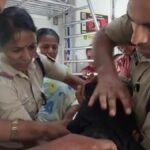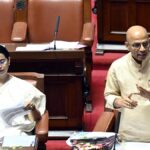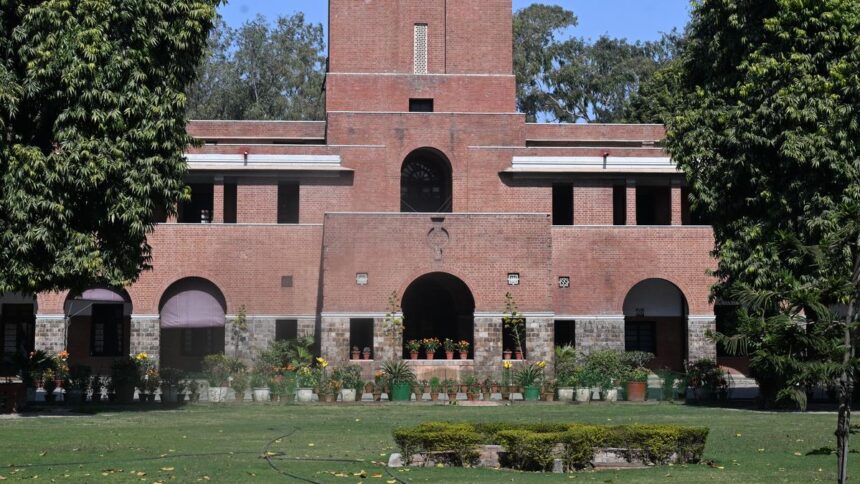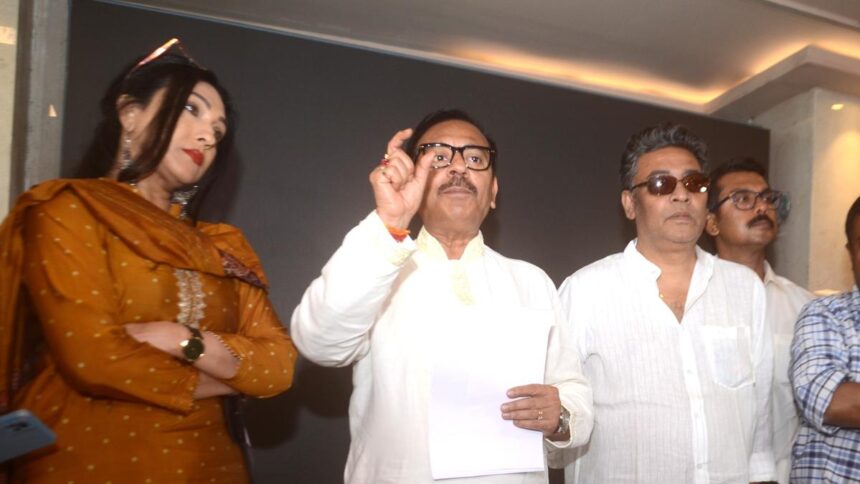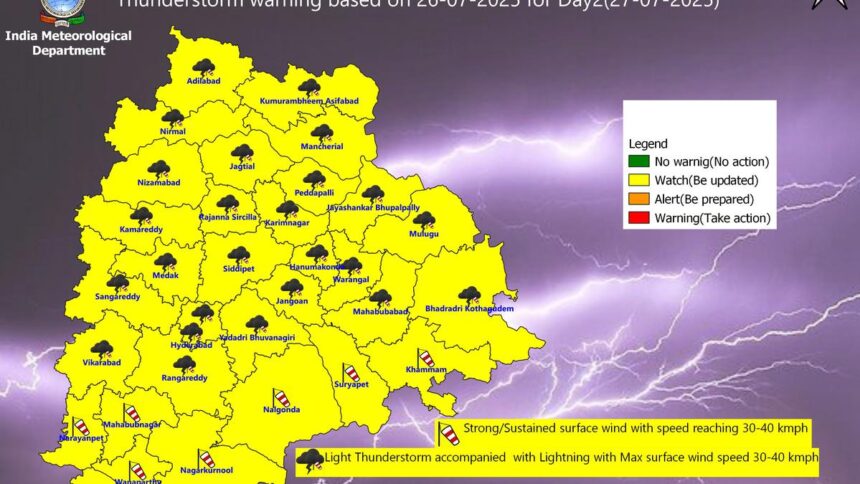‘Chennai na ve Gaana dhaan ‘ (Gaana means Chennai) is the first thing Gaana artistes state about the city and its art. With its thumping rhythm, easy lyrics, and quick beats, Gaana music captures the essence of not only the lives of the working class but also the struggles of marginalised communities in Chennai, particularly north Chennai. As the art gains popularity in the mainstream, thanks to YouTube and cinema, more women are also turning to Gaana.
Born on the streets of north Chennai, Gaanawas originally sung only at funerals. “People had to stay awake the entire night for the wake. The pain of losing a loved one is enormous and to keep them distracted for some time, we sing the praises of the deceased, usually in our lyrics with existing tunes,” explains Chennai Nagooran, president, Tamil Nadu Gaana Artists Association.
Today, gaana is not limited to just funerals; it has gained a wider audience with its use in cinema from the 1990s in songs such as Machi Mannaaru by Ilayaraaja in En Uyir Thozhan (1990). But what brought Gaana singers a huge following was Gana Ulaganathan’s song Vazha Meenukum in Chithiram Pesuthadi (2006). Today, many films have at least one Gaana song and many have their own curated Gaana playlist.
The versatile art form is today performed at birthdays, weddings, temple festivals, baby showers, and protests, with songs on subjects such as caste, love, politics, garbage, and murder. The Casteless Collective, an 18-member ensemble band that includes singer Isaivani, Tenma, Arivu, and Muthu, broke new ground by mixing Gaana with hip-hop, folk, and rap. A collaboration of filmmaker Pa. Ranjith’s organisation, Neelam Cultural Centre with Tenma’s label Madras Records, it has released sharp political commentary through its music.
“No other type of song can be used to send a message as quickly and upbeat as Gaana does. It resonates with the people,” says Gaana Merlin, 21, who has gained a bigger following after competing in Super Singer. Gaana’s imprint on Chennai is indelible as captured by Ms. Merlin and Maima Sudhakar’s song Chennai Vaasi,where the lyrics “Inna da illa Chennai ulla, Chennai ah adichika oore illa.” (What’s not there in Chennai, nothing can beat our Chennai city)
Gana Vimala, the first transperson Gaana singer.
| Photo Credit:
AKHILA EASWARAN
“Every street in north Chennai now has at least two Gaana singers with many more showing interest in taking up the art,” says Gana Vimala, the first transperson Gaana singer.
Women’s space
While the scene has been dominated by men, women are now foraying into the picture with support from their families, areas, and encouragement from other artistes.
N. Muniyammal, 60, a Gaana singer from Vyasarpadi, had to learn the art form in secret. “My father and brothers would go around singing Gaana at funerals. I would follow them on the sly and listen in. But I was never allowed to join them or sing. When they were out of town for other kutcheris (funerals), I would go sing at local kutcheris. People loved my voice but my family and husband didn’t allow it,” she says. Now, she has been singing in the public arena for the past 12 years with encouragement from her family. She has also performed at Neelam Cultural Centre’s Margazhiyil Makkalisai. Munniyammal’s grandsons and granddaughters continue to sing Gaana.
Gaana singer and member of Casteless Collective Isaivani recalls the first time taking the stage to sing: “The comments by the musicians there in seeing me pick up a mic, it was difficult. They tried to discourage me. But once I started, there was no stopping. The people loved it,” she adds.
However, artistes point out that the stigma surrounding it still continues. “The approach to us (Gaana artistes) in recording studios is very disrespectful. Moreover, within the Gaanacommunity, when a woman enters the stage, the looks and comments by other artistes are disgusting. Gaana feeds me; Gaana gave me opportunities and respect among the public,” Ms. Merlin says.
“When we get more opportunities to tell our stories through Gaana, more women will come out to show their talent,” Ms. Muniyammal adds.
Published – August 18, 2025 09:01 am IST





